Introduction The central nervous system is home to the brain and spinal cord and its primary function are to send out neuron signals all throughout…
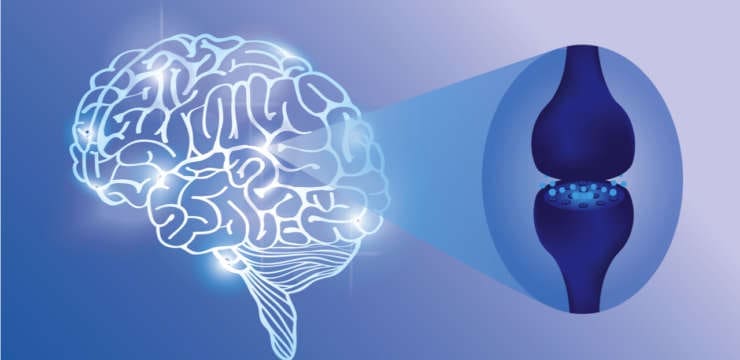
Mental Health: Mental health is a large aspect of physical health as the two are closely connected. Mental health includes an individual’s emotional, psychological, and social well-being. It affects how one thinks, feels, and acts. It helps determine how an individual handles stress, relates to others, and makes choices. Mental health is important at every stage of life. From childhood, adolescence and on through adulthood.
Over the course of one’s life, one may experience mental health problems including thinking, mood, and behavior. Many factors contribute to mental health problems which include:
Biological factors, i.e. genes or brain chemistry
Life experiences, i.e. trauma or abuse
Family history of mental health problems
Experiencing one or more of the following can be an early warning of a problem:
Eating or sleeping too much or too little
Pulling away from people and usual activities
Having low or no energy
Feeling numb or like nothing matters
Having unexplained aches and pains
Feeling helpless or hopeless
Smoking, drinking, or using drugs more than usual
Feeling unusually confused, forgetful, on edge, angry, upset, worried, or scared
Yelling or fighting with family and friends
Experiencing severe mood swings that cause problems in relationships
Having persistent thoughts and memories that can’t get out of your head
Hearing voices or believing things that are not true
Thinking of harming oneself or others
Inability to perform daily tasks like getting to work or school
These problems are common but treatment is available which can help an individual get better and recover completely. Treatment can come in many varying forms and can include many different health professionals. Including but not limited to a chiropractor, health coaches, a primary care physician, therapist, and others.

Introduction The central nervous system is home to the brain and spinal cord and its primary function are to send out neuron signals all throughout…
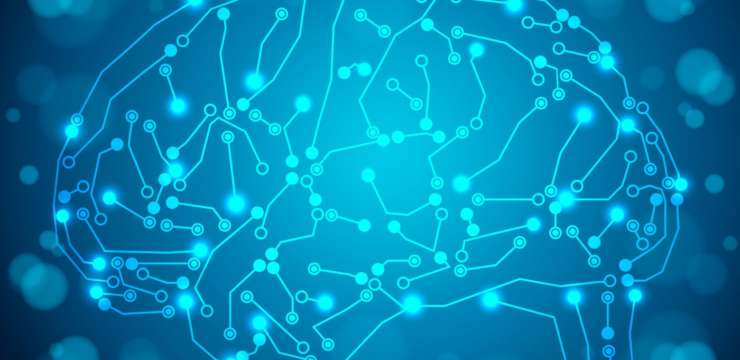
Introduction The brain’s primary function is to make sure that the neuron signals are being transmitted and transported throughout the entire body. These neuron signals…
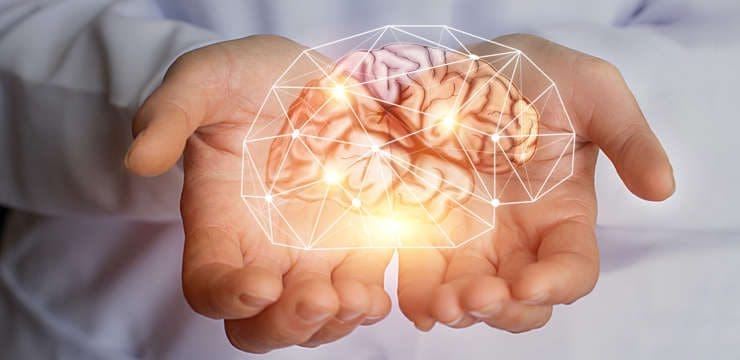
Introduction The central nervous system is consist of the brain and the spinal cord that sends out neuron signals throughout the body and have a…
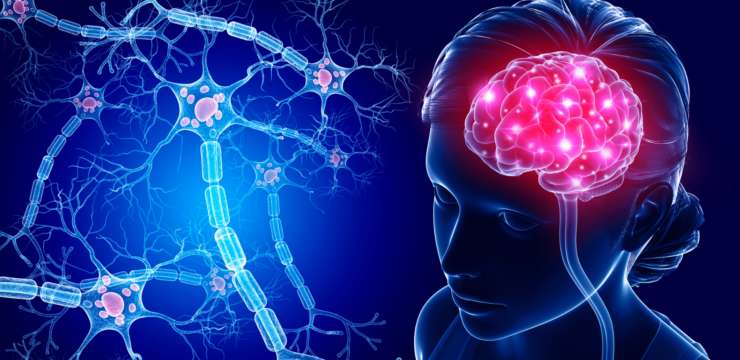
Introduction The brain’s main function in the central nervous system is to make sure that the neuron signals that the brain produces are transferring throughout…

Introduction The brain’s primary function is to send out neuron signals from the brain to the entire body. These neuron signals travel to the gut…
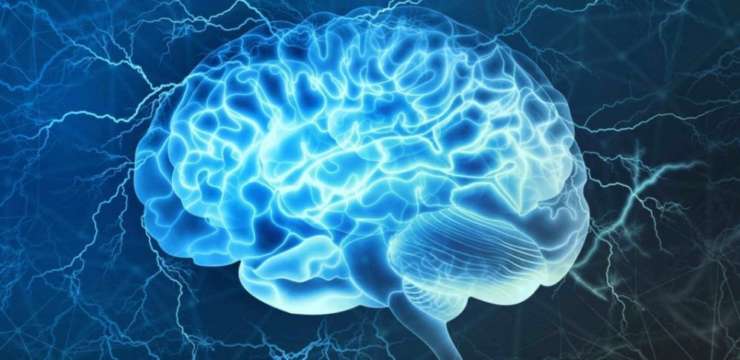
Introduction The central nervous system consists of the brain and spinal that makes sure to send neuron signals all throughout the entire body and makes…
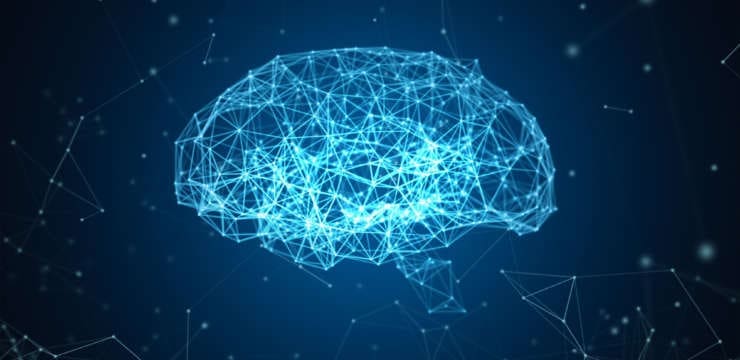
Introduction In the central nervous system, the brain’s job is to send out neuron signals throughout the entire and make sure that it’s functioning properly.…
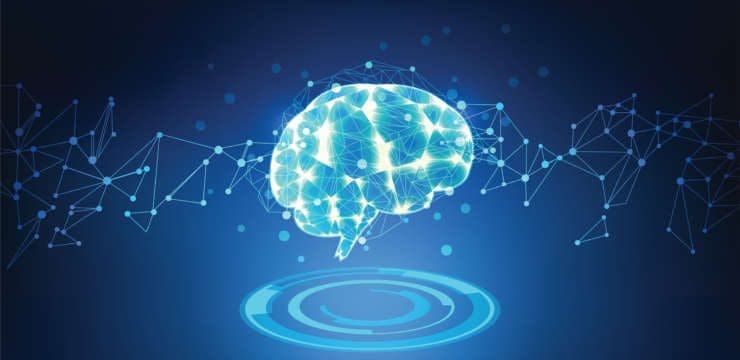
Introduction The brain’s main function in the central nervous system is to send out neuron signals from the brain and to the entire body. These…
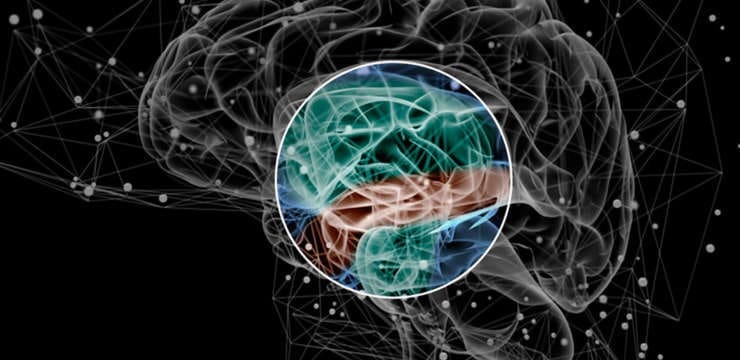
Introduction When the body has an underlying condition that can change how a person looks, this is due to unwanted factors are in the body…

Introduction Every day the body deals in stressful situations constantly. Sometimes stress can be beneficial to the body by giving it a mini boost of…

Introduction The adrenal glands are the most important triangular-shaped organs that are located at the top of the kidneys. These glands secrete out hormones throughout…

Introduction Throughout the entire body system, everything is connected. From the gut to the brain, to the hormones all the way to the immune system,…
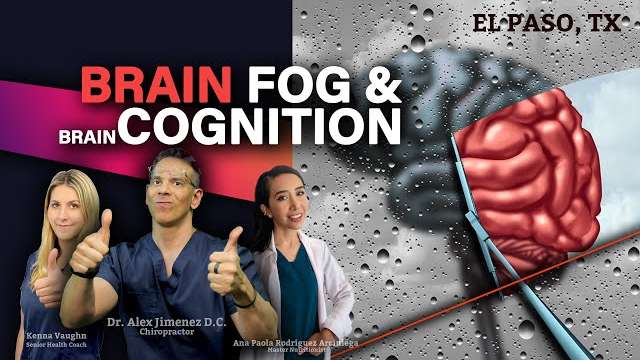
Introduction In today’s podcast, Dr. Alex Jimenez DC and Master Nutritionist Ana Paola Rodriguez Arciniega discuss what is brain fog and how does it affect…

Introduction In today’s podcast, Dr. Alex Jimenez sits down with Dr. Mario Ruja about how to become more mindful and take every opportunity to be…

Stress, like inflammation, is a natural response. We need stress to function on a normal basis.  So, when the question arises, “Are you stressed?†the…

One of the most common metabolic and endocrine conditions in women is PCOS (polycystic ovarian syndrome). PCOS affects 5-15% of women of reproductive age and…

Inflammation is something we are all familiar with. We know the precursors and how to measure it. Besides, we know that is needed…